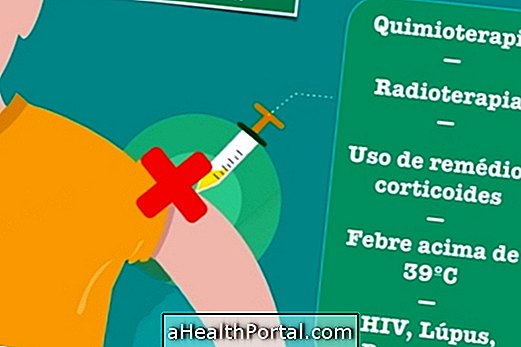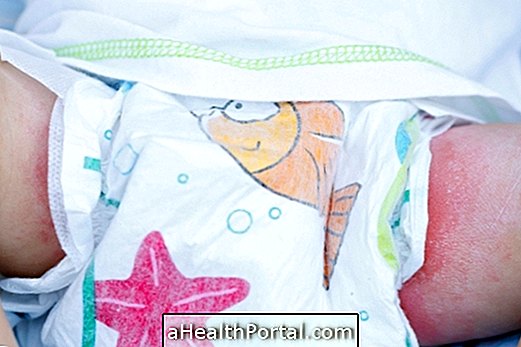Genital herpes in pregnancy is dangerous during pregnancy because there is a risk of the virus transmitting the virus to the baby during pregnancy or at the time of delivery, which can lead to miscarriage, delay in baby growth or contribute to the development of problems such as herpes congenital, for example.
However, transmission does not always occur and many women with genital herpes have healthy babies, especially when they have had herpes previously and have developed antibodies.


Genital herpes treatment in pregnancy
Genital herpes has no cure and treatment for genital herpes should be indicated by the gynecologist or obstetrician and can be done at home using antiviral drugs, tablets, or the hospital with medications directly applied to the vein such as Aciclovir, Fanciclovir or Penciclovir, especially in women with weak immune systems, such as pregnant with AIDS.
The medicine most commonly used in treatment is Aciclovir 200 mg tablets about 5 times a day until the lesions are cured, which should usually be done for about 10 days, as this only reduces the chances of contamination of the baby.
Risks of genital herpes for baby
The risk of contamination of the baby is greater when the baby is first infected with the genital herpes virus during pregnancy, especially in the third trimester, because it does not have time to produce antibody, and the risk is lower in cases of recurrent genital herpes.
So, some herpes risks in pregnancy include:
- Abortion;
- Malformations in the baby, such as skin, eye or mouth problems;
- Infections of the nervous system, such as encephalitis or hydrocephalus;
- Hepatitis.
In addition, the virus can pass into the baby during childbirth, especially when it is normal childbirth or the pouch has already burst for more than 4 hours.
What to do when genital herpes symptoms appear?
When red blisters, itching, and burning in the genital area or fever, it is important to:
- Go to the obstetrician to observe the lesions and make the correct diagnosis;
- Avoid excessive sun exposure and stress, as they make the virus more active;
- Maintain a balanced diet rich in vitamins, in addition to sleeping at least 8 hours a night;
- Avoid close contact without a condom .
In addition, in case the doctor recommends taking medicines, such as acyclovir, it is important to take the treatment following all indications. Find out if treatment for genital herpes is working.
If not treated, the virus can spread and injure other regions of the body, such as the belly or eyes, which can be life-threatening.

























